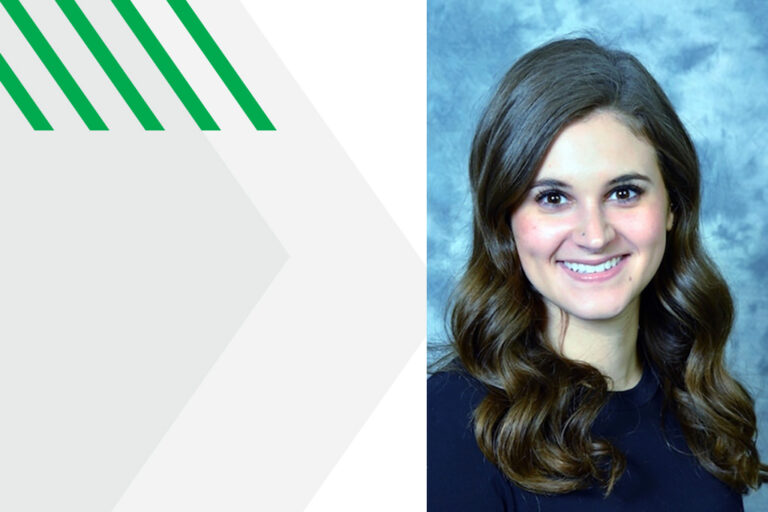SMHS curriculum retreat on May 31 to focus on implementation of new medical curriculum
 In January of this year, SMHS Dean Wynne charged the faculty, through the various standing committees in the UND School of Medicine & Health Sciences, to consider significant changes to the medical school curriculum.
In January of this year, SMHS Dean Wynne charged the faculty, through the various standing committees in the UND School of Medicine & Health Sciences, to consider significant changes to the medical school curriculum.
The Medical Curriculum Committee (MCC) therefore created nine curriculum redesign groups comprising volunteer faculty and staff, members of the MCC and its four subcommittees, and Education Resources personnel. Thanks to the hard work and dedication of all involved, the plan for redesigning and implementing a new curriculum has been shared with all stakeholders in the medical curriculum and was presented to the Faculty Academic Council (FAC), which acknowledged the plan and charged MCC to keep FAC apprised of progress as the proposal is implemented once it receives final approval from the Dean. The new curriculum seeks to achieve four main goals:
- The pre-clinical curriculum is to be completed within the first 18 months or fewer.
- Time for preparing and completing the LCME Step-1 exam is to be available for students in year-three of the curriculum after gaining some clerkship experience.
- Due to intense competition for residencies, electives are to be offered to students in their third year.
- The Basic Sciences and Clinical Sciences are to be further integrated within years one through four.
These goals will be met through a variety of strategies, resources, and processes, and the new curriculum will be rolled out incrementally over the next few years. In preparation for moving forward with this new curriculum, this year’s Medical Curriculum Retreat, to be held Friday, May 31 from 8 a.m. to 4:30 p.m. (with lunch provided) will focus exclusively on the key ideas and next steps for meeting these goals.
“Success depends on getting all the best ideas, questions, and concerns from faculty, staff, and students in the medical curriculum, so we are hoping for a strong turnout,” said Mark Koponen, chair of the MCC.
To help plan for a smooth and effective rollout of the new curriculum over the coming years, the MCC has asked two medical curriculum experts from the University of Washington in Seattle, which is part of the WWAMI consortium (a distributed campus model, like UND), to share their experiences, lessons learned, and to help facilitate important discussion as we plan for this exciting next chapter in medical education.
Kellie Engle, director of curriculum, and Dr. Michael Ryan, MD, associate dean for curriculum at the University of Washington, were instrumental in guiding their institution through a curriculum renewal process with many of the same goals shared by the new curriculum plan, including condensing Phase I from two years to 18 months, integrating more NBME assessment practice throughout Phase I, and promoting evidence-based teaching pedagogies in place of passive lectures.
“These ideas are challenging and resource-intensive to implement,” said Rick Van Eck, associate dean for Teaching and Learning and the Monson Endowed Chair for Medical Education, “but the evidence behind each decision is clear and overwhelming. We would be doing harm through inaction if we did not make these changes for the benefit of our students and people of North Dakota and other states where our graduates will practice.”



